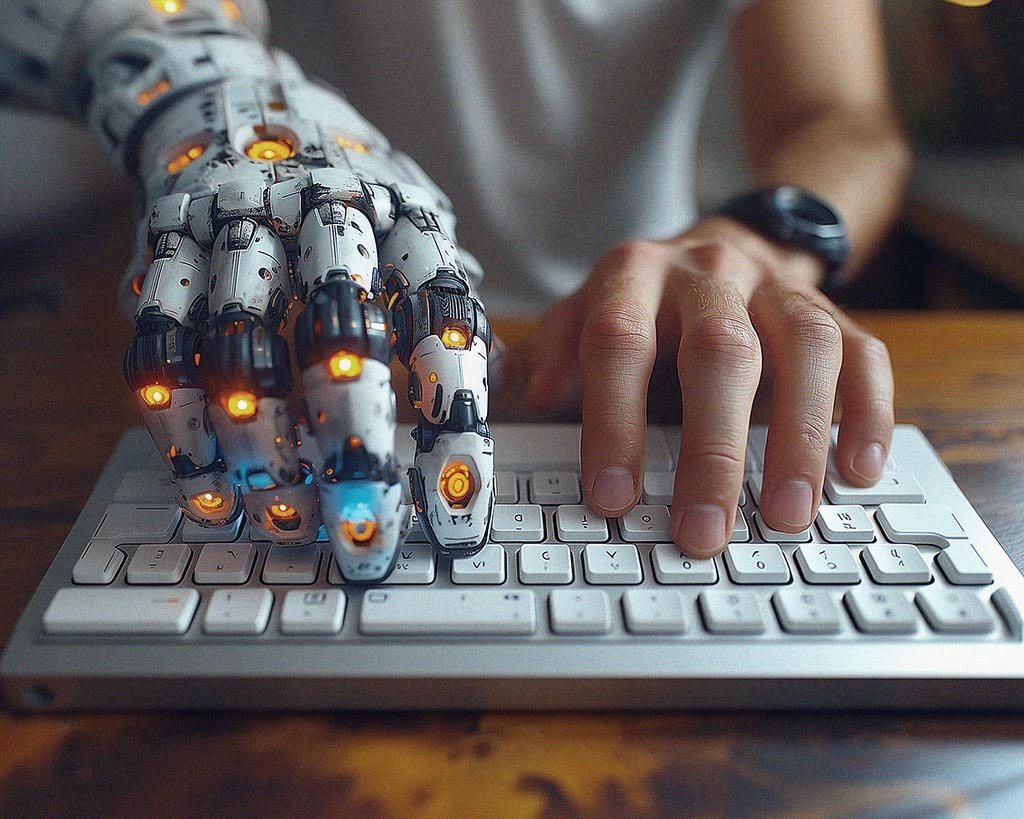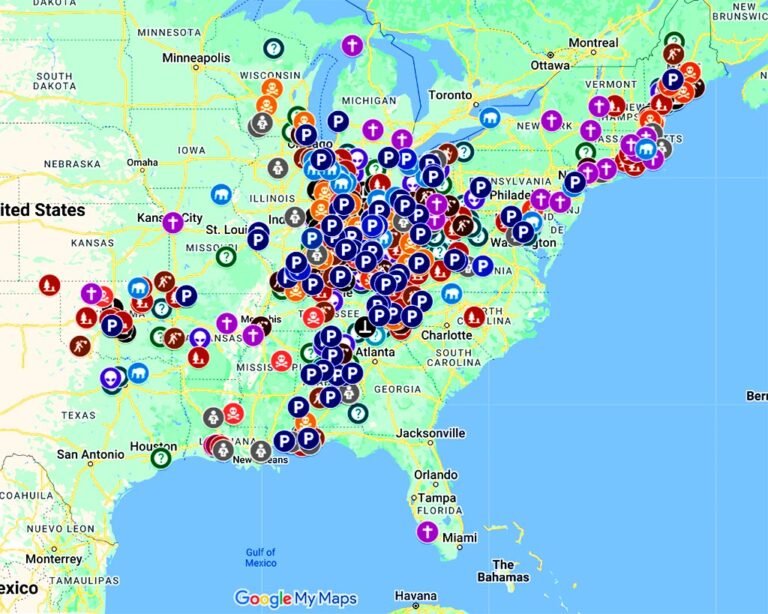AI Code Assistants? That sounds weird.
Did you know that there’s a new breed of digital assistants ready to revolutionize the way we code? Forget the days of staring at endless lines of code; these AI-powered companions are here to help you write, debug, and even optimize your code with lightning speed. But just like any new technology, there’s a lot to unpack – from the potential benefits to the ethical concerns. Buckle up, fellow programmers, it’s time to explore the wild, exciting world of AI code assistants!
Think of them as your personal coding coaches – always ready with suggestions, tips, and even a little nudge in the right direction when you get stuck. They can analyze your code, pinpoint potential errors, and even suggest alternative approaches. And the best part? They learn from your habits and preferences, becoming your loyal coding sidekick.
But before we dive into the code-writing wonderland, let’s step back and consider the big picture. Why are AI code assistants gaining so much traction? It’s simple – the demand for developers is skyrocketing, and businesses are constantly seeking ways to accelerate their software development processes. AI code assistants offer a glimmer of hope, promising faster, more efficient development, and potentially, a future where coding is more accessible than ever before.
The Code Whisperer: Unveiling the Power of AI Code Assistants
The first thing you’ll likely notice with an AI code assistant is their ability to generate code snippets. They can do so based on your natural language instructions, making the whole process feel more like a conversation than a battle against syntax errors. This is truly game-changing, especially for novice programmers, who can now learn by watching the AI build code based on their ideas.
Imagine, for example, wanting to create a function to sort a list of numbers. You simply type, “Write a function to sort a list of numbers,” and the AI responds with a perfectly crafted function, complete with comments for clarity. It’s like having a coding wizard by your side, offering guidance and solutions with each keystroke.
But wait, there’s more! The magic of AI code assistants doesn’t stop at code generation. They can also identify potential bugs, suggest optimizations, and even help you understand complex code libraries. It’s like having a debugger, a performance tuner, and a code encyclopedia all rolled into one.
The Double-Edged Sword: Ethical Considerations and Potential Pitfalls
Now, let’s talk about the elephant in the room: the potential risks and ethical concerns surrounding AI code assistants. The biggest worry is the potential for code plagiarism and the reliance on these tools for everything. Imagine a world where everyone relies on AI to write their code – could this stifle creativity and innovation?
It’s important to remember that AI code assistants are tools, and just like any tool, they can be used for good or bad. The key is to use them responsibly and ethically.
The Future of Coding: AI Code Assistants and Beyond
The rise of AI code assistants is just the beginning of a coding revolution. Imagine a future where these intelligent systems become the backbone of our software development pipelines, helping us build more complex, secure, and user-friendly applications faster than ever before. We’re talking about a future where:
- AI becomes the ultimate coding partner: Forget about late nights debugging or struggling with complex algorithms. AI code assistants will seamlessly integrate into our development workflows, proactively identifying bugs, suggesting optimizations, and even generating entire code modules based on our requirements. They’ll be like having a team of expert coders working alongside us, constantly learning and adapting to our needs.
- Coding becomes a collaborative art form: The lines between humans and AI will blur as we work together, each leveraging our unique strengths. Humans will bring creativity, problem-solving skills, and critical thinking, while AI will provide speed, efficiency, and a vast knowledge base. This symbiotic relationship will unlock new possibilities for innovation, allowing us to tackle complex challenges that were once unimaginable.
- Coding becomes more accessible than ever: No longer will coding be limited to a select few with technical expertise. AI code assistants will make programming accessible to everyone, from aspiring entrepreneurs to passionate hobbyists. Imagine a world where anyone can bring their ideas to life, regardless of their technical background, empowering a new generation of creators and innovators.
- The “democratization of code” is inevitable: As AI code assistants become more sophisticated and user-friendly, they will empower individuals and small businesses to develop innovative solutions without needing large development teams. This shift will create a more equitable playing field, fostering a vibrant ecosystem of independent developers and entrepreneurs.
- Coding becomes a fluid and intuitive process: Imagine coding interfaces that respond to your natural language instructions, automatically generating code based on your intent. This shift from syntax-heavy coding to a more intuitive and conversational approach will democratize programming, making it accessible to a broader audience.
- The rise of “low-code” and “no-code” platforms powered by AI: These platforms will allow users to build complex applications without writing a single line of code, simply by dragging and dropping components and configuring settings. AI code assistants will be the driving force behind these platforms, automating the underlying code generation and ensuring that the applications are functional and efficient.
- AI will help us build safer and more secure software: As AI code assistants become more adept at identifying vulnerabilities and security flaws, they will help us develop software that is less susceptible to attacks and breaches. This will be crucial as we rely increasingly on technology for critical infrastructure and personal information.
But remember, the future of coding is not about replacing humans with machines. It’s about harnessing the power of AI to augment our capabilities, unleashing our creativity, and building a more inclusive and innovative future. The human touch of creativity, problem-solving, and critical thinking will always be essential in the world of programming. It’s a future where humans and AI work together, leveraging each other’s strengths to create a world of limitless possibilities. So, let’s embrace the AI revolution and use our human ingenuity to guide the way!
Why all the hype?
- Faster, more efficient coding: AI code assistants can significantly accelerate the development process by automating repetitive tasks and generating code snippets. Think of it as turbocharging your workflow.
- Enhanced learning and collaboration: These assistants provide insights and suggestions, fostering a collaborative coding environment where everyone can learn from each other, including the AI.
- Increased accessibility: The simplicity of AI code assistants can make programming more accessible to a wider audience, democratizing technology and opening up new opportunities for innovation.
What now?
In the end, the future of coding is an exciting one. With AI code assistants by our side, we can push the boundaries of what’s possible and build the next generation of groundbreaking software applications. But remember, the future of coding lies in collaboration – humans and AI working together, leveraging each other’s strengths.
Think of it like a dynamic duo, with humans providing the creative vision, strategic thinking, and human touch, and AI acting as the powerful, efficient, and ever-learning sidekick. This partnership will lead to faster development cycles, more innovative solutions, and an overall more accessible and exciting world of coding.
So, embrace the AI revolution, but remember to use your human ingenuity to guide the way. Don’t be afraid to experiment with AI code assistants, learn from their suggestions, and refine your own coding skills. And, most importantly, always strive to use technology responsibly and ethically, ensuring that AI serves as a force for good in the world.
Happy coding!





















+ There are no comments
Add yours